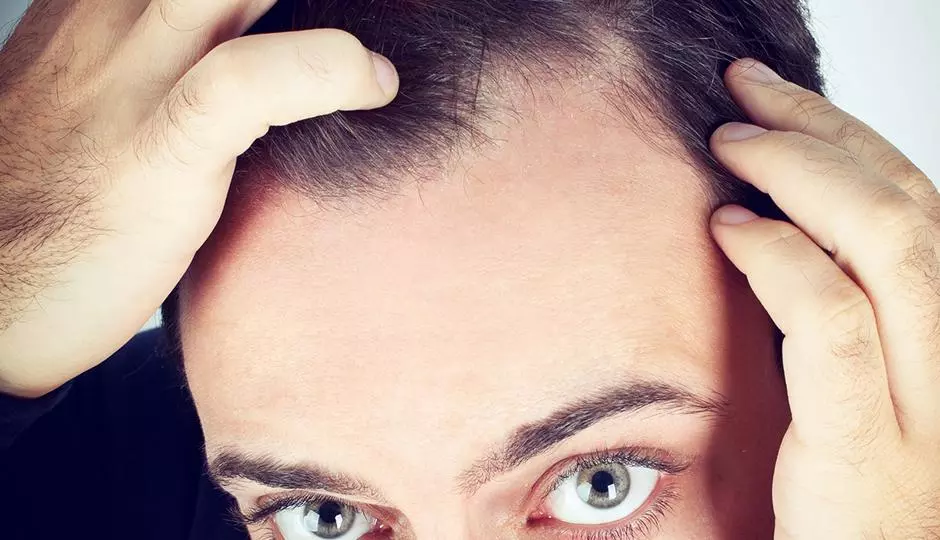Here at HT&RC, we hear from many parents who are worried about their children—children who are dealing with hair loss at what seems like an awfully young age. Note that, when we talk about children here, we are mostly talking about those in high school or college, or potentially just after college in their twenties. Note, too, that most young men and women who deal with early hair loss don’t call us of their own accord—it’s almost always concerned parents who do so.
Regardless, these concerned parents want to know what they can do for their kids—and here, in brief, is what we tell them.
For the Parents of Young Men
When young men start experiencing hair loss as early as high school-age, it’s almost surely hereditary, and treatment can be challenging. With that said, there are some options to explore:
- Formula 82M, vitamins and supplements, and laser therapy are all perfectly safe and often effective treatments to consider.
- We get a lot of questions about hair transplants, too, and when a person is old enough to have one. The general rule of thumb is to wait to do a transplant because hair is not done “doing what it is going to do.” Our own Dr. Gray would not transplant the crown on a male until around age 35 because before that age, the patient could still lose hair from the crown—so if he filled in the crown prematurely, and more hair loss occurred there, there would be a ring of hair loss around the “implanted hair.” As far as a transplant for the hair line, it is possible to have a “limited hair transplant” in your 20's. In this process, a small number of grafts are transplanted, leaving room to add more as time goes on.
For the Parents of Young Women
If a woman is having severe thinning hair or hair loss as early as high school or into early adulthood there is usually something else going on, and it is not just genetic hair loss. The culprit could be trichotillomania, alopecia aereata, or another underlying health concern.
Treatment options include Formula 82M, low-level laser therapy, or vitamin supplements—but not finastride. Dr. Gray only prescribes finastride to post-menopausal women because one of the most serious side effects of this medication for women is birth defects.
Treatment for Early-Stage Hair Loss
Above all else, it never hurts to have a one on one consultation with Dr. Gray to discuss the patient's specific situation—and the earlier you take action, the better the results are likely to be. To schedule a consultation for your child, we invite you to reach out to us at HT&RC today.






